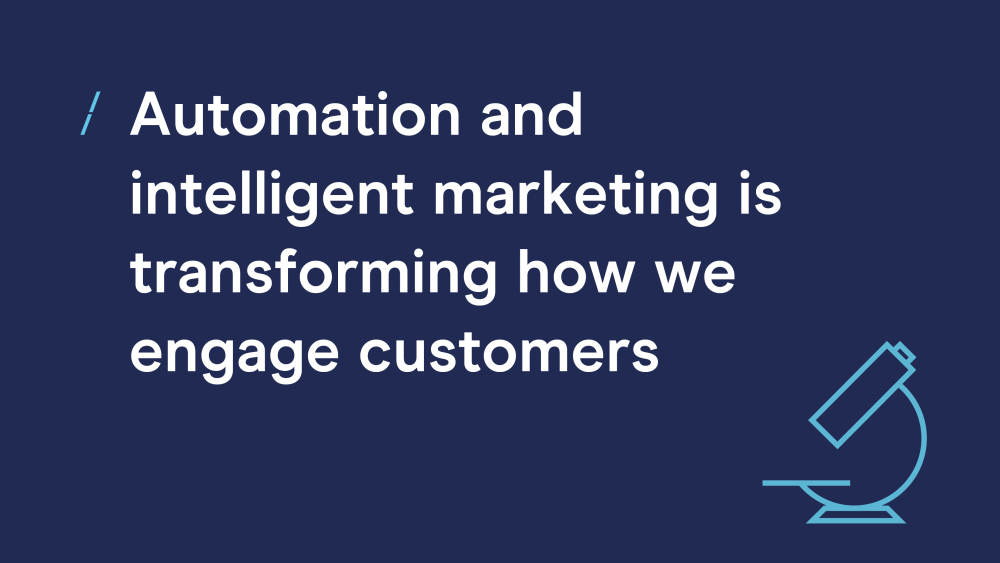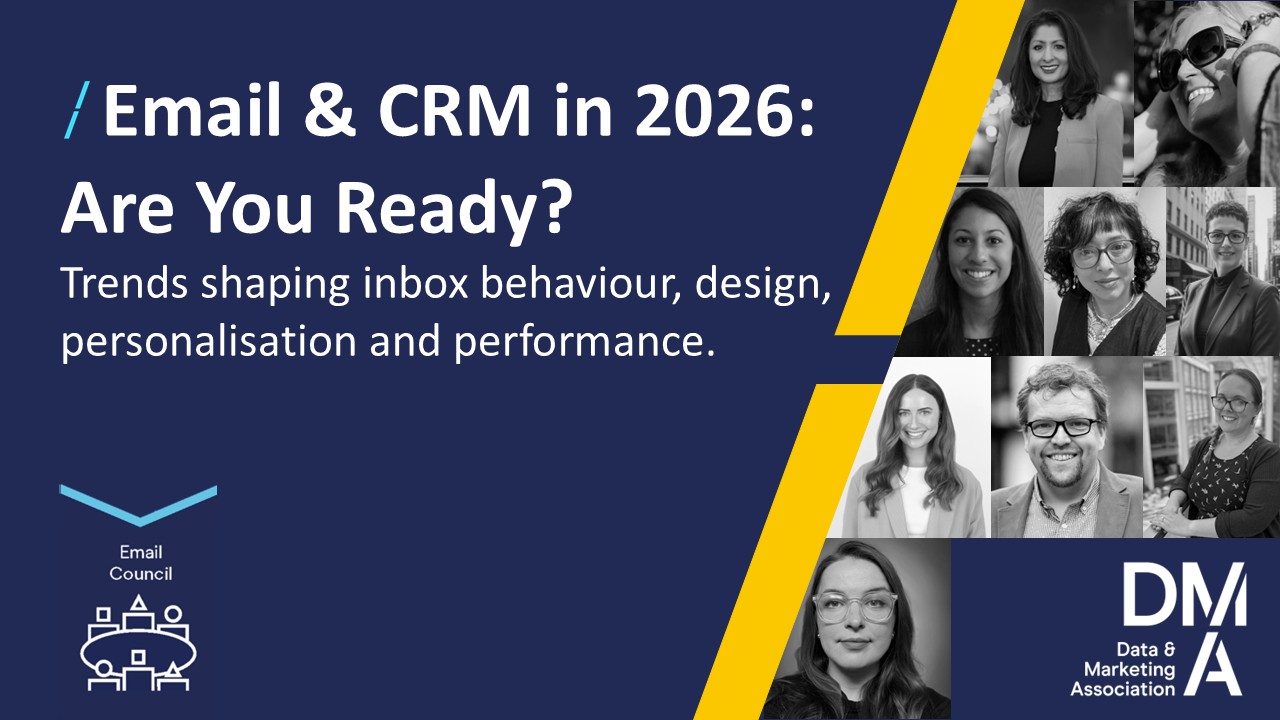Automation and intelligent marketing is transforming how we engage customers
29 Apr 2019

The retail and consumer products sector is heading into a new phase of technological change, according to new insight from IBM and the National Retail Federation, centred on automation and intelligent marketing. Its impact can be remarkable at every customer touch-point and even in between: from personalising experiences based on facial recognition to automatically re-routing shipments to avoid bad weather.
This more intelligent future is closer than some might think too. The report finds that two in five brands and retailers are already using ‘intelligent automation’ and it seems that this number will double within the next three years.
For the purposes of this survey, artificial intelligence (AI) was defined as the capability of machines to reason, remember information, learn and identify new insights through data discovery.
‘Intelligent Automation’ is then guided by AI tools, which need minimal manual routine interventions, and can be categorised into four key areas (the first three fuelled by AI, the fourth by automation):
- Engaging customers over external touch points where users interact with systems
- Learning from analytics across different data sources, including recognising semantic references to use as criteria for decisions
- Elaborating learnings to make autonomous decisions and self-remediate over time
- Executing to carry out the next best action that systems can execute digitally and/or that people or robots can execute physically
Moreover, according to the data, the focus of this intelligence and automation in the near term will be on streamlining internal processes. The retailers’ attention and future training will be on implementing these technologies for the improvement of supply chain planning (85%), demand forecasting (85%) and customer intelligence (79%). Also, three-quarters of retail businesses (75%) will use more intelligent and automated processes to improve marketing, advertising and campaign management.
While ‘intelligent automation’ can clearly provide brands and retailers tremendous opportunities, a number of critical factors shouldn’t be ignored. Key among them is ensuring that the right skills, culture, infrastructure and technology are all in place.
While not all roles are likely to change as a result of ‘intelligent automation’, 81% of the respondents expect to find themselves in the need of reskilling and retraining their employees. This was echoed in our upcoming ‘Business Skills Census 2019’ research from the IDM. Indeed, the report points to AI and machine learning as the most important area where organisations must develop staff skills in.
The IDM research asked marketers to identify the skills and challenges their organisations are facing today and their importance in the future. Skills in AI & machine learning were found to be available within 45% of the organisations. 64% stated that these skills would be important to the future success of their respective businesses, revealing a substantial skills gap (19%).
In fact, when we asked marketers about their own abilities and the areas they need to develop to progress in their career – within the ‘Professional Skills Census 2018’ research – they again highlighted AI & machine learning as key. This burgeoning set of skills had the biggest gap among all the 33 we analysed, with a 25% difference of perceived importance between marketers’ current roles and for future career progression.
In conclusions, both reports highlight how AI & machine learning are already driving intelligent marketing and data analytics, which is resulting in a rise in jobs requiring these skills. However, to fully take hold of these opportunities, organisations must be sure to build, cultivate and maintain the skills required within their teams – as well as the technologies and processes. Only then a truly intelligent and automated marketing future will be realised.




Please login to comment.
Comments